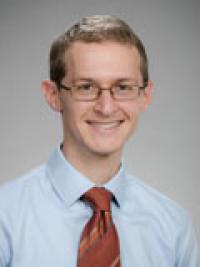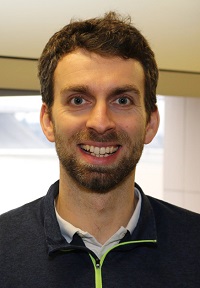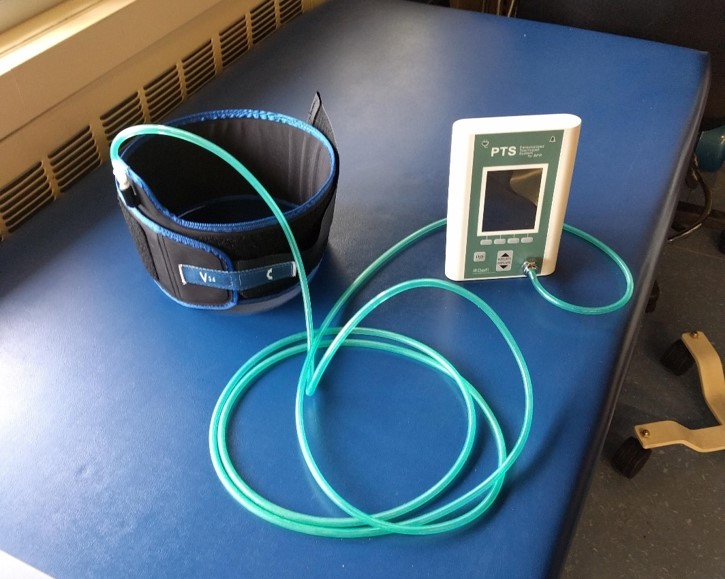The CLEAR Center Pilot & Feasibility awards are meant to provide opportunities for early career investigators to develop their research skills and project portfolios. The Pilot & Feasibility awards fund yearlong projects meant to lay the groundwork for early investigators’ future research and increase competitiveness for future extramural funding.
The inaugural Pilot & Feasibility awards were granted in August 2018 to Dr. James Andrews, Assistant Professor in the Department of Medicine Division of Rheumatology, and Dr. Scott Telfer, Research Assistant Professor in the Department of Orthopaedics and Sports Medicine. The awards concluded in July 2019, and both Dr. Andrews and Dr. Telfer are pursuing or have received additional funding to continue their work.

Dr. Andrews’ Pilot & Feasibility Award project, entitled Identifying Aging-related Sarcopenia as a Novel Risk Factor for the Development of Osteoarthritis in Older Adults – a Population-Based Approach, leveraged the NIH/NIA-funded Health, Aging, and Body Composition (Health ABC) dataset to identify novel risk factors for the development of osteoarthritis among older adults, such as sarcopenia (low lean mass and grip strength) and serum biomarkers.
Dr. Andrews conducted analyses modeling the relationship between lower lean mass and low grip strength and eventual development of knee osteoarthritis and knee pain. The results of the study suggest that grip strength may be a useful tool to identify older adults at increased risk of knee pain. The findings from this work are currently under review for presentation and publication and will be updated here on publication. Dr. Andrews has also received additional funding from K23 and R03 mechanisms and plans to pursue R21 funding as well, to conduct further research on sarcopenia and the risk of osteoarthritis in older adults using the Osteoarthritis Initiative database.

Dr. Scott Telfer’s project, Blood Flow Restriction for Anterior Cruciate Ligament (ACL) Rehabilitation, conducted a cross-sectional study to test the acceptability of blood flow restriction training for those undergoing rehabilitation from ACL reconstruction surgery. Dr. Telfer and his team enrolled 40 participants into two study groups, one group composed of adults 12-15 weeks out from ACL reconstruction surgery and a control group composed of healthy adults. Both groups visited Dr. Telfer’s lab to complete exercises using the blood flow restriction device. Dr. Telfer and his team found that blood flow restriction made exercises more difficult but also resulted in more active muscle use, which could potentially provide benefit in post-ACL reconstruction rehabilitation. Results from this study are currently under review for publication and will be updated here when available.

Dr. Telfer’s Pilot & Feasibility award was also able to help him gather some information on the feasibility of participant enrollment into a future clinical trial. Following their completion of study exercises, participants were asked if they would take part in a randomized clinical trial, and 19 out of the 20 participants who had undergone ACL reconstruction indicated they would participate. This information will help Dr. Telfer and his team design future studies, for which they are actively preparing and submitting funding proposals.
The UW CLEAR Center leadership team congratulates Dr. Andrews and Dr. Telfer on their successful Pilot & Feasibility awards and wishes them success in their future work!
